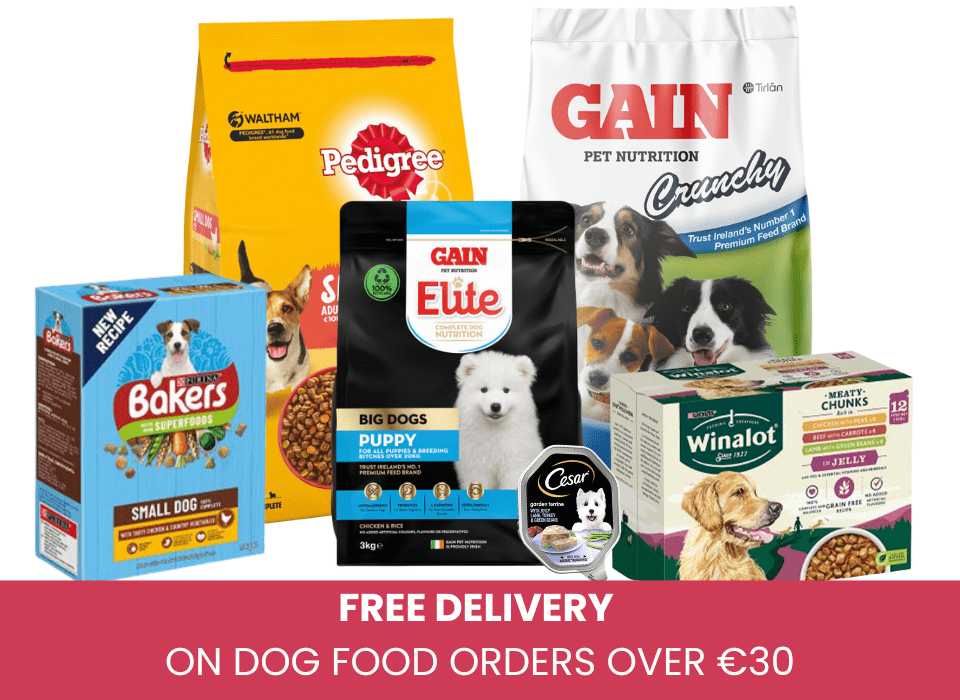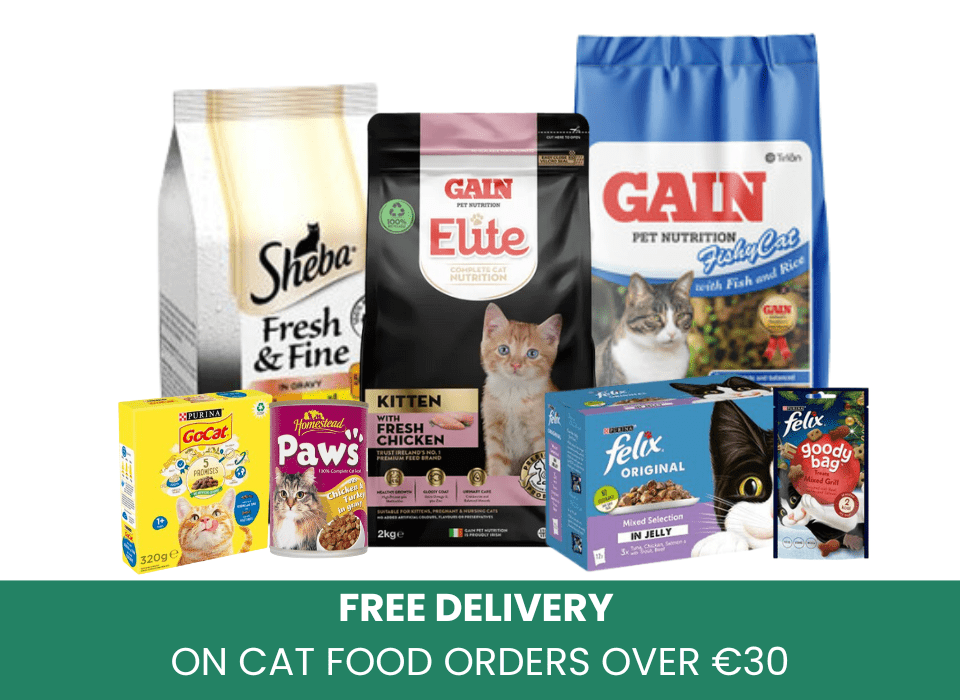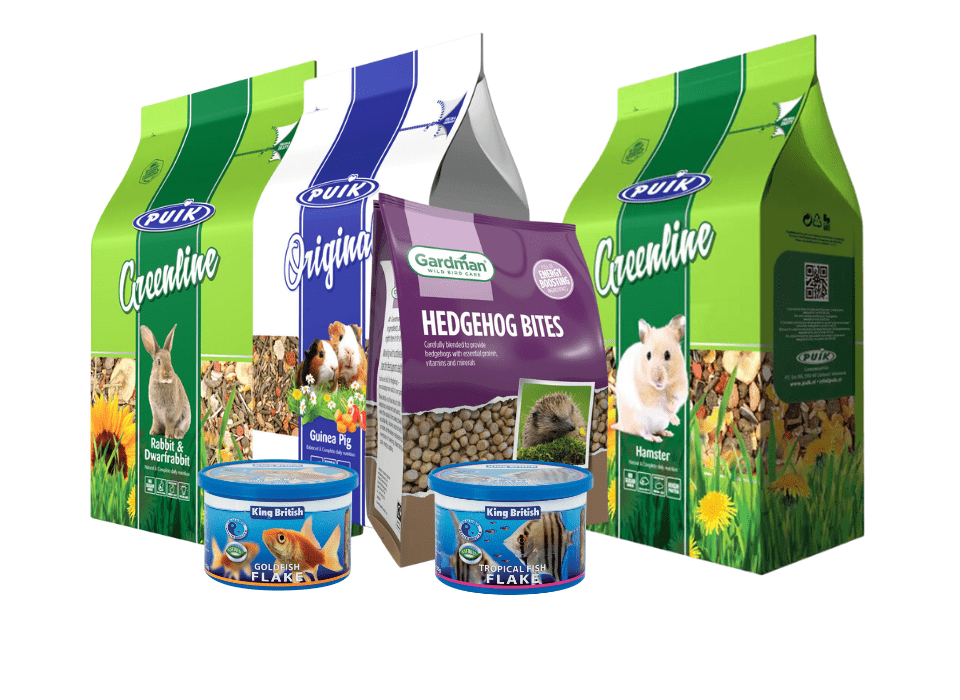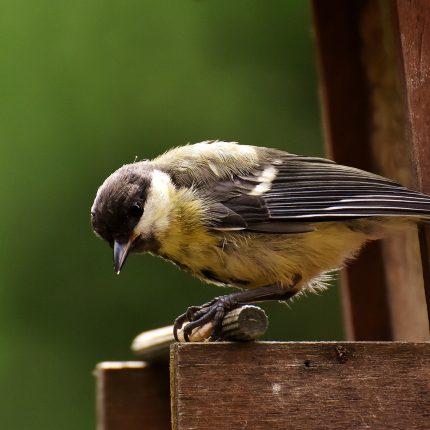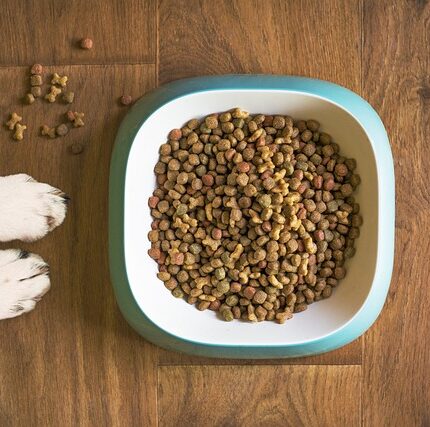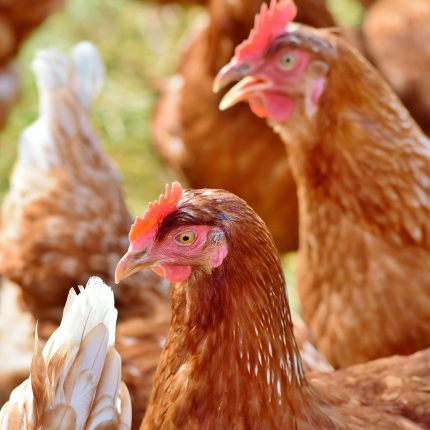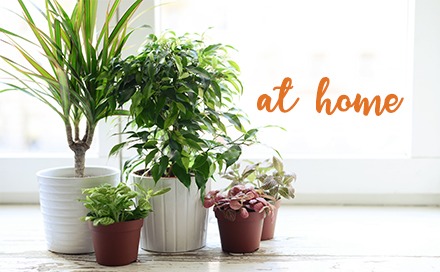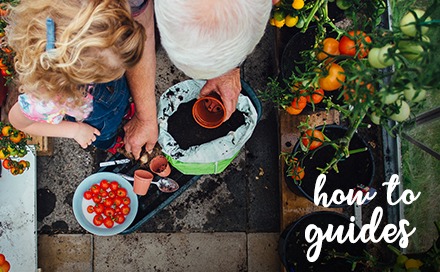10 Essentials for New Pet Parents
Being a new pet owner can be an exciting and rewarding experience. Whether you’ve adopted a playful puppy, a cuddly kitten, or any other furry friend, there are a few essential items you’ll need to ensure their well-being and happiness. From food and bedding to toys and grooming supplies, we’ll cover it all to help you provide the best care for your new companion.
1. Food
When it comes to caring for your new pet, one of the most important considerations is their food. Providing your pet with a nutritious and balanced diet is essential for their overall health and well-being. When choosing pet food, there are a few things you need to consider;
Age, Breed & Size: First and foremost, you should look for a pet food that is appropriate for your pet’s age, breed, and size. Puppies and kittens have different nutritional needs than adult dogs and cats, so it’s important to choose a food that is specifically formulated for their age group.
Ingredients: Look for high-quality proteins, like chicken or fish, as the first ingredient. Avoid foods that contain fillers, artificial flavors, and preservatives. It’s also important to consider any specific dietary needs your pet may have, such as allergies or sensitivities.
Food Type: Dry kibble is convenient and can help promote dental health, while wet food can be more palatable for picky eaters.
Quantity Needed: Having a clear understanding of your pet’s daily food requirement can help you effectively manage your pet’s diet, save time, and make cost-effective decisions when purchasing pet food.
2. Bowls
Get sturdy, non-toxic bowls that are easy to clean and can hold the appropriate amount of food and water for your pet. Common material options include stainless steel, ceramic, and plastic. Stainless steel bowls are durable, easy to clean, and resistant to bacteria buildup. Ceramic bowls are stylish and heavy, which prevents pets from knocking them over but can break if dropped. Plastic bowls are lightweight and affordable, but they may harbor bacteria.
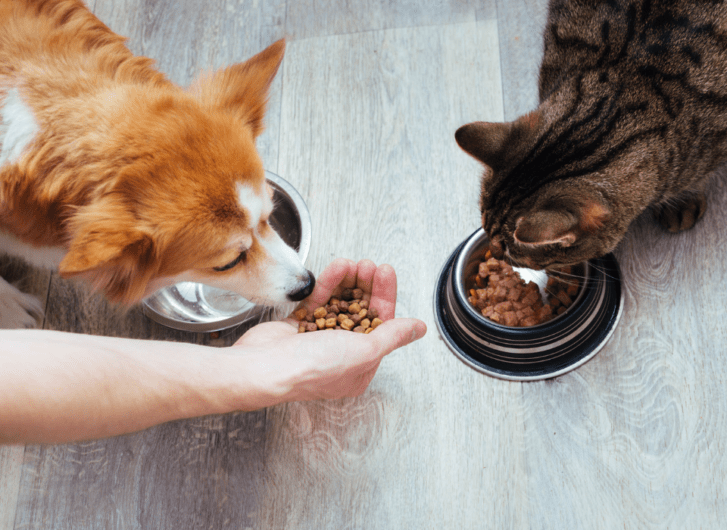
3. Bedding
Provide a cozy and safe space for your pet to rest and sleep. Choose a bed or crate that is suitable for their size and breed. If you are getting a puppy make sure to take into account what size they will grow into to ensure the bed will be able to accommodate them as they begin to grow.
Whether it’s a visit to the vet or travel, a pet carrier is necessary for transporting your pet safely. Make sure the carrier is well-ventilated, secure and has enough space for your pet to be comfortable.
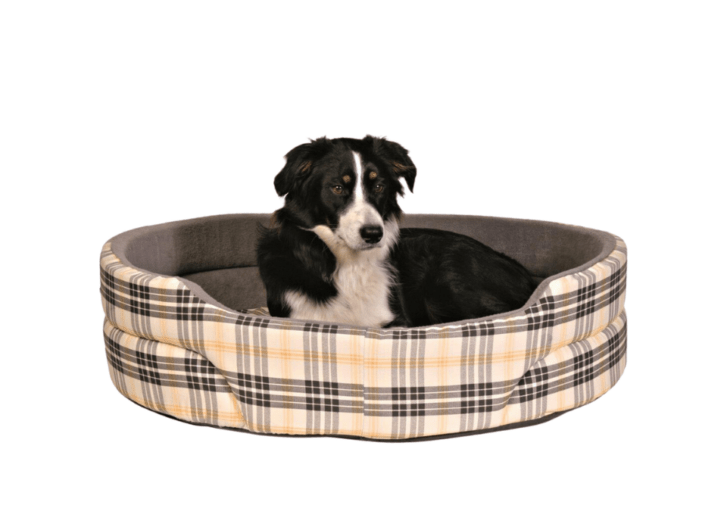
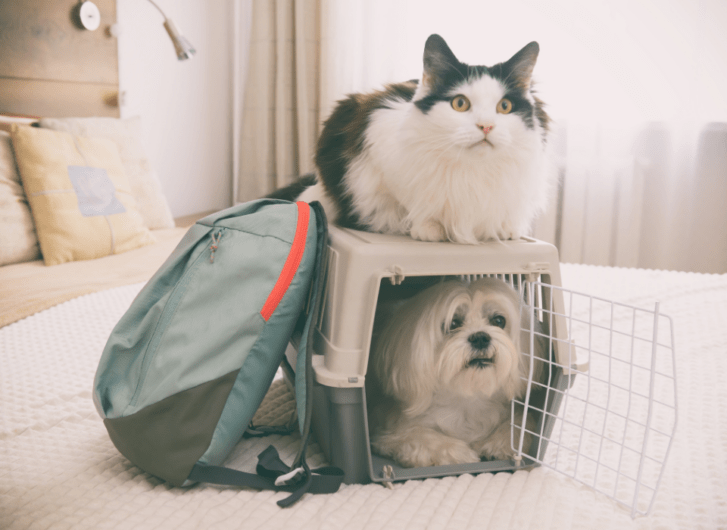
4. Collar & Lead
Pet collars, harnesses, and leashes are essential accessories for every pet owner. A pet collar serves as both a means of identification and to attach a leash for walks. Harnesses, on the other hand, distribute the pressure from the leash across the chest and shoulders, making it a great option for dogs with neck or respiratory issues. They are also helpful for training purposes, as they give you better control over your pet’s movements. When choosing a collar or harness it’s important to choose one that fits well and is comfortable for your pet.
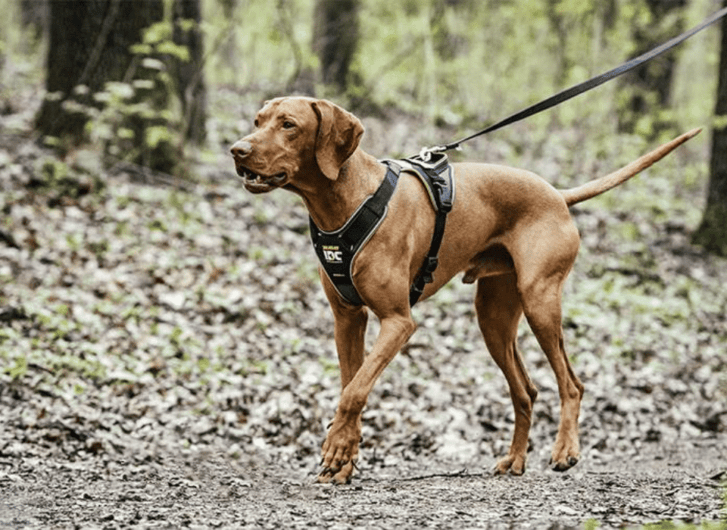
5. Toys
Playtime is not only a source of fun for pets but also essential for their overall well-being. For dogs, sturdy chew toys made of rubber or latex can help relieve teething pain or keep those jaws busy. Cats, on the other hand, enjoy cat nipped infused toys or toys that encourage hunting and pouncing, such as feather wands or laser pointers.
When selecting toys look for toys that are made of non-toxic materials and don’t have any small parts that could be easily swallowed. Make sure toys are durable to withstand vigorous play. Regularly inspect toys for any signs of wear and tear, and replace them if needed.
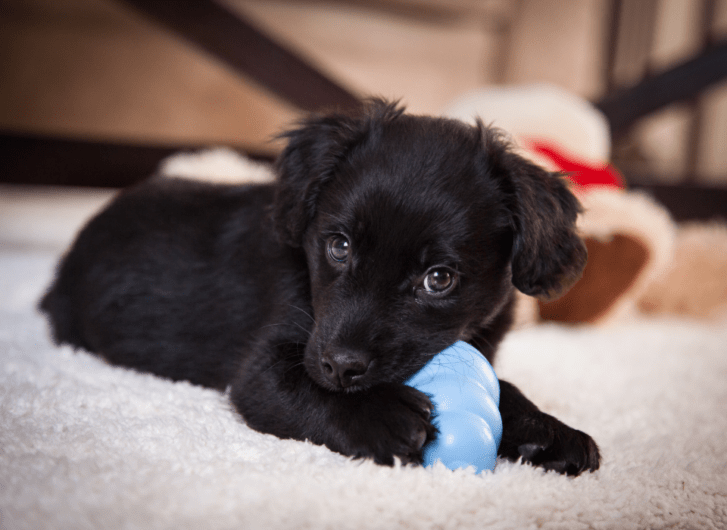
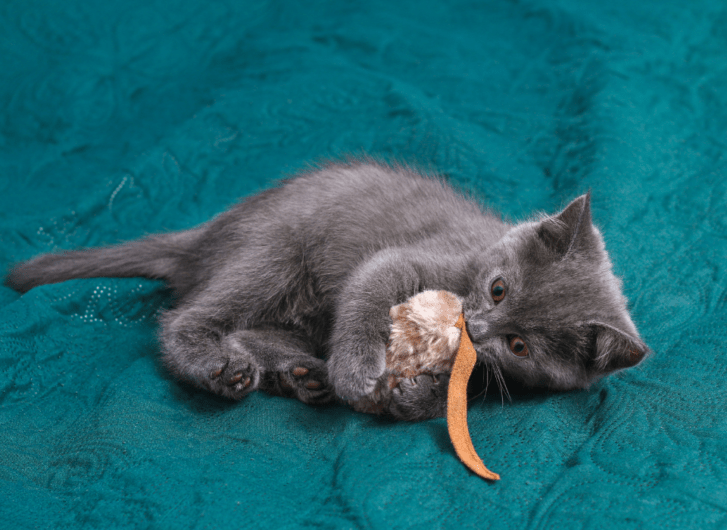
6. Poop Bags & Litter Boxes
Responsible waste management is crucial when it comes to taking care of pets. Whether you’re taking your dog for a walk or maintaining a litter box for your cat, having the right supplies is essential.
For dog owners, always remember to carry poop bags with you when taking them for a walk. These bags should be sturdy and leak-proof to ensure easy and sanitary clean-up.
Cat owners should invest in a litter box that suits their feline companion’s needs. Consider factors such as size, ease of cleaning, and odor control. When selecting cat litter, clumping and non-clumping are available along with litters that are biodegradable and fragranced.
7. Shampoos & Sprays
Maintaining your pet’s hygiene is important for their overall health and comfort. When it comes to bathing your pet, it’s crucial to use products specifically designed for pets. Human shampoos and sprays can be too harsh and may irritate their skin.
There are different types of sprays and shampoos available to address various needs. Some help control odor, while others can provide a soothing effect for irritated skin. As with any product, it’s best to consult with your veterinarian to ensure you’re using the right shampoo or spray for your pet’s specific needs.
8. Brush & Nail Clippers
Regular grooming is essential for your pet’s coat health and overall well-being. Brushing your pet helps remove loose hair, prevents matting, and stimulates the skin. It’s crucial to choose the right brush based on your pet’s coat type. A slicker brush works well for removing tangles and mats in long-haired pets, while a silicone brush is great for removing loose hair and washing deep down dirt. Combs can penetrate the root of the coat which allows you to tackle tricky tangles and remove dead hair with ease.
Nail trimming is another important aspect of grooming. Pets with long nails can experience discomfort and may be prone to accidents. Pet nail clippers or grinders can help you keep your pet’s nails at an appropriate length. It’s important to be cautious and follow instructions to avoid cutting into the quick, which can cause bleeding and pain. If you’re uncomfortable with nail trimming, you can always seek assistance from a professional groomer or veterinarian.
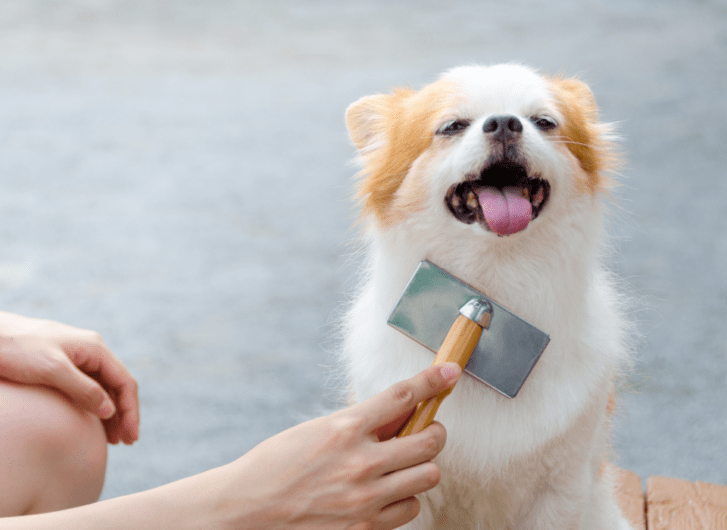
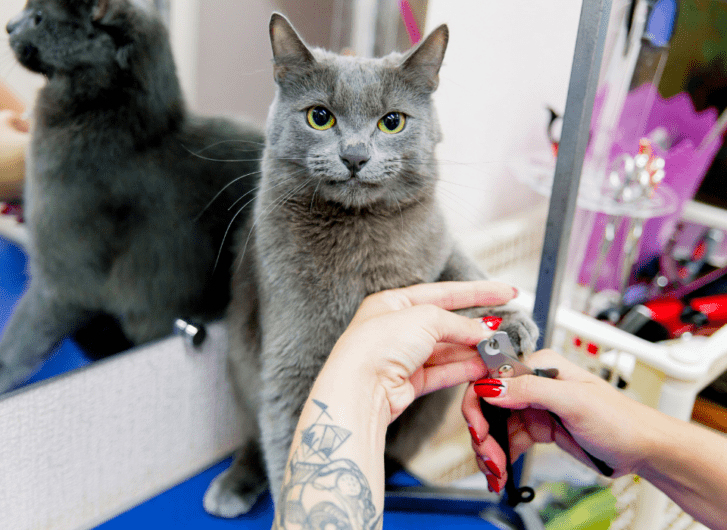
9. Pet Medication
Pet medication plays a vital role in maintaining your pet’s health. It’s important to follow your veterinarian’s recommendations when it comes to administering medications to your pet. There are several types of pet medication available, including flea and tick prevention, worm treatment & prevention, and supplements for joint health. These medications are typically prescribed based on your pet’s specific needs and any underlying health conditions they may have.
10. Treats
Treats can be a great way to reinforce positive behavior and show your pets some extra love. However, it’s important to choose treats that are both delicious and healthy for your pets. Look for treats made with high-quality ingredients and avoid those with excessive additives or fillers. Consider your pet’s dietary needs and any specific restrictions, such as allergies or weight management. Treats that promote dental health, such as dental chews, can be a beneficial option as they help reduce tartar build-up and freshen your pet’s breath. Remember that treats should be given in moderation and should not replace a balanced diet. Always consult with your veterinarian to ensure the treats you choose are suitable for your pet’s specific needs.
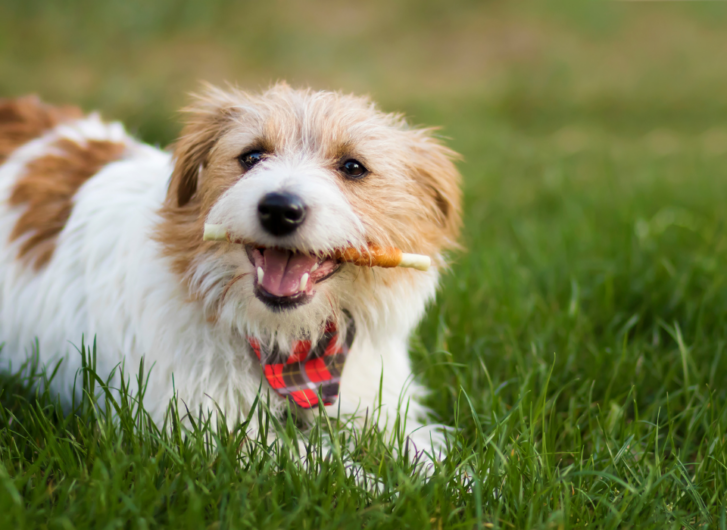
Unlock Expert Tips for Pets and Gardens
Join our mailing list today to be the first in line for exclusive updates on the latest products, special offers, and monthly tips. Elevate your pet’s well-being and enhance your garden with insights delivered straight to your inbox.

